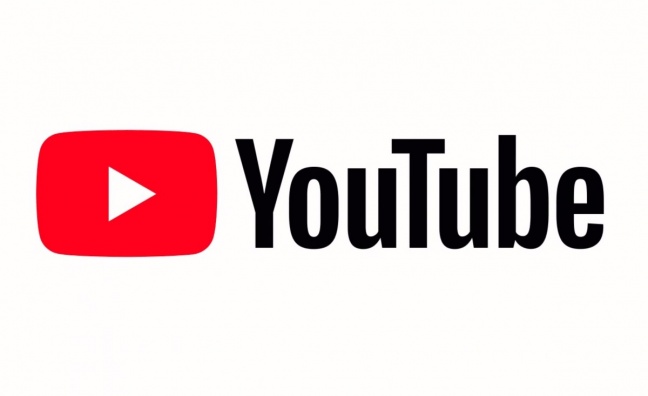A handful of European music industry bodies have issued a joint statement accusing YouTube of "fact-free fear-mongering" in its campaign against Article 13.
The statement is signed by IMPALA, GESAC, ICMP, IFPI and the European Composer and Songwriter Alliance (ESCA) and follows YouTube Music chief Lyor Cohen’s recent strongly-worded anti-Article 13 blog.
Cohen warned that the measures will “harm” the creative industry and was adamant that artists and the industry will lose out, with “less money from YouTube” if the current version of Article 13 is implemented.
His words were met with criticism by many music biz figures and the five bodies have now followed suit with their collective response.
"YouTube’s campaign against Article 13 of the Copyright Directive shows a lack of respect for the EU democratic process of law making," the statement reads. "The revisions to the Directive have been under discussion for over four years already and the three main institutions of the European Union have all given their position. The Commission, Council and Parliament have all reached the same conclusion, that there is a value gap, also referred to as a transfer of value, where user upload services are making vast sums of money on creators’ content uploaded by their users, but not paying the right holders who own that content fairly. The result is a serious distortion in the European digital market place which harms right holders, other digital services and citizens. To correct that situation, platforms like YouTube should have to take responsibility for the content they use and monetise, by fairly remunerating their creators and right holders.
"YouTube constantly refers menacingly to ‘unintended consequences’ if the Directive is adopted, and threatens to block content, instead of showing willingness to observe laws and fairly remunerate right holders. In fact, the Directive will bring fairness. Fairness for all platforms by creating a level playing field where everyone is playing by the same rules and fairness for right holders who will be properly rewarded for their creative content. It’s in our interests to boost online creativity, not restrict it.
"Even though the clarifications proposed by the EU institutions may not be to YouTube’s liking, they will contribute to sustainable and balanced growth of the European digital markets ultimately to the benefit of all stakeholders in the digital value chain including citizens. Many thousands of international artists, authors, publishers, labels, managers, songwriters have urged the EU to find a solution to the value gap. YouTube’s eleventh-hour campaign of fact-free fear-mongering should be seen for what it is: an attempt to derail the EU democratic legislative process."








